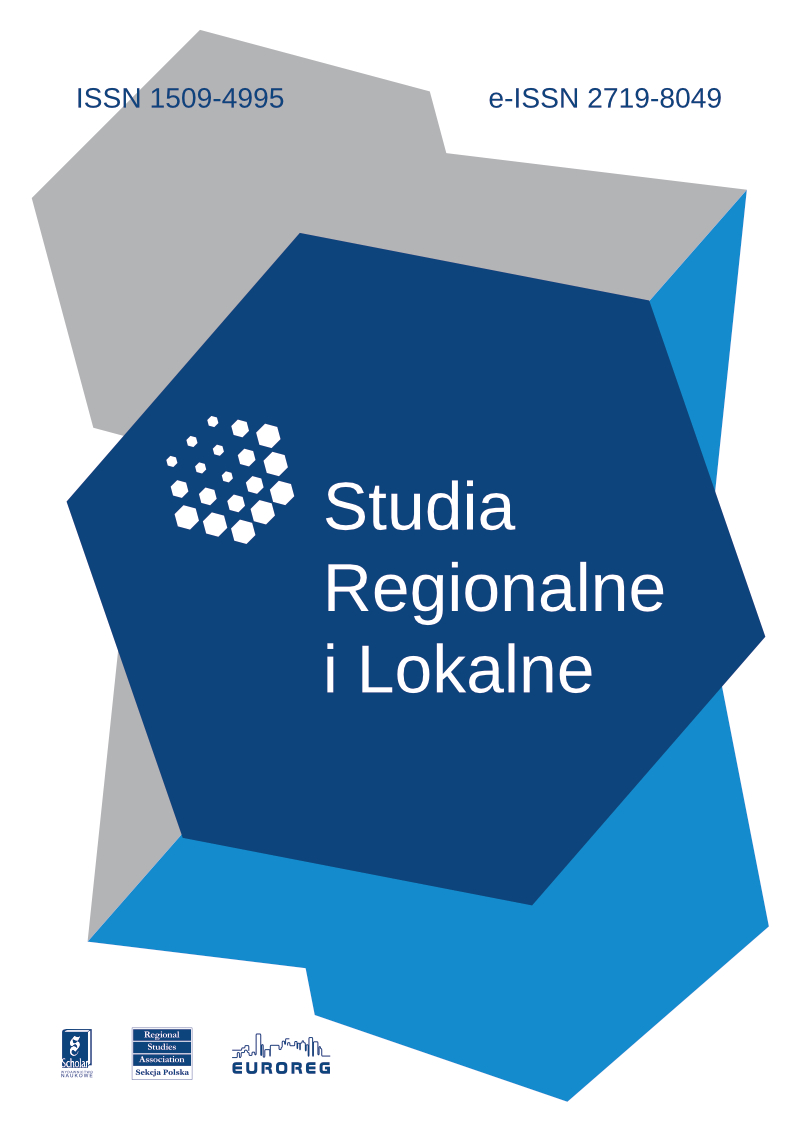Published in
2(28)/2007

- Marta DerekFrom a Fishing Village to a Tourist Enclave? Tourism and Local Development: The Case of Mikołajki[more]
- Bohdan GruchmanMikołaj Herbst (red.), 2007, Kapitał ludzki i kapitał społeczny a rozwój regionalny, Warszawa: Wydawnictwo Naukowe „Scholar”, s. 204. (recenzja)[more]
- Maria HalamskaFarmers – Common Agricultural Policy – Development[more]
- Magdalena KossowSocial Creation of Space in the Old Testament[more]
- Marcin KulaBohdan Jałowiecki, Marek S. Szczepański, Grzegorz Gorzelak, 2007, Rozwój lokalny i regionalny w perspektywie socjologicznej, wydanie drugie zmienione i poszerzone, Śląskie Wydawnictwa Naukowe Wyższej Szkoły Zarządzania i Nauk Społecznych im. ks. Emila Szramka w Tychach, Tychy, s. 346. (recenzja)[more]
- Ewa Nowińska-Łaźniewska, Piotr NowakExamples of International Cooperation in INTERREG III Projects[more]
- Sławomir PastuszkaThe Diagnosis and Evaluation of Barriers in Absorption of the EU Structural Aid by the Local Governments of the Świętokrzyskie Region[more]
- Małgorzata Rószkiewicz, Dorota Węziak, Andrzej WodeckiIntellectual Capital of Lubelszczyzna – the Attempt to Operationalisation and Measurement[more]
- Alexander TölleThe Revitalisation Process of the City – by the Example of Poznań[more]


